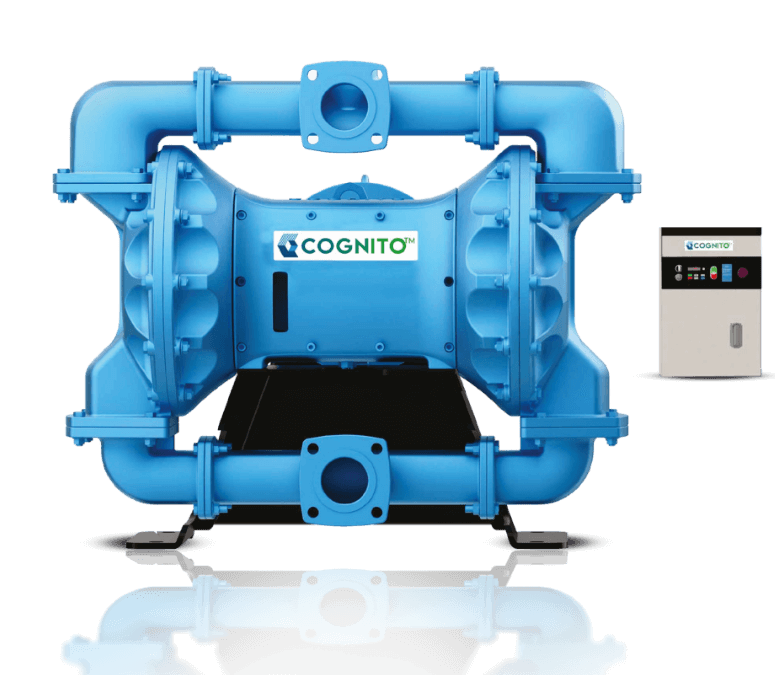Everything You Need to Know About S20 Flair & Quadro Comil
 |
| Everything You Need to Know About S20 Flair & Quadro Comil |
High Efficiency Milling (HEM) is a modern machining strategy designed to maximise material removal rates (MRR) while minimising tool wear and heat generation. HEM involves using a lower Radial Depth of Cut (RDOC) and a higher Axial Depth of Cut (ADOC). This approach spreads wear evenly across the cutting edge, dissipates heat more effectively, and reduces the likelihood of tool failure.
The technique offers several benefits such as:
Increased tool life due to even wear distribution
Higher material removal rates due to aggressive cutting
Reduced heat generation due to lower RDOC and higher ADOC
Cost efficiency due to longer tool life
Faster machining times
HEM is particularly useful in industries
where efficiency and precision are critical, such as aerospace, automotive, and
mold making. It is suitable for a wide range of materials, including aluminium,
steel, and titanium.
High Efficiency Milling vs. Traditional
Milling
Traditional milling typically uses a higher
RDOC and lower ADOC, which concentrate heat and wear on a smaller portion of
the tool, leading to quicker tool degradation. HEM, on the other hand, uses
more radial passes and fewer axial passes, maintaining a constant load on the
tool throughout the operation. Many Computer-Aided Manufacturing (CAM) software
packages now include modules for generating HEM toolpaths. These modules often
go by different names, such as Dynamic Milling or High Efficiency Machining. They
are designed to optimise the milling process by maintaining a consistent chip
load on the tool.
Key Factors for the Success of High
Efficiency Milling
To successfully implement High-Efficiency
Machining (HEM), a fast CNC controller is essential to handle the complex
toolpaths generated. High-performance end mills designed for higher speeds and
feeds are crucial for optimal performance. Proper parameter optimisation,
including adjusting feed rates, speeds, and depths of cut, is vital to maximise
the benefits of HEM.
Now, let’s take a closer look at two of the
well-known high-efficiency milling equipments from IDEX. The S20 Flair and
Quadro Comil.
The S20 Flair
The S20 Flair is a high-capacity rotary
sifter designed by Quadro, a part of IDEX Corporation. It’s primarily
used for screening and deagglomeration of powders in various industries,
including pharmaceuticals, food, cosmetics, and chemicals.
The S20 Flair uses rotary sifting technology,
which employs centrifugal force to push product particles through a mesh,
effectively separating impurities and foreign materials. This sifter includes a
unique in-process cleaning feature that purges perforations, ensuring
uninterrupted processing and minimising product retention.
The S20 Flair offers several benefits,
including up to an 80% reduction in sifting times compared to traditional
vibratory sifters. It is easy to maintain due to its minimal number of parts
and a single bolt locking mechanism for quick screen changes without special
tools. The user-friendly design features a motorised height-adjustable stand
and HMI-based controls for easy operation.
The S20 Flair has a wide range of
applications. In the pharmaceutical industry, it ensures safe processing of
pharmaceutical powders, meeting FDA and cGMP standards. It is also suitable for
screening and de-agglomeration of difficult-to-handle powders in the food
industry. The S20 Flair is also used in the cosmetics and chemicals industry
for efficient powder-sifting capabilities with nearly 100% product recovery.
The S20 Flair is available in various mesh
sizes, ranging from 6.0 mm to 0.225 mm, to suit different applications. Its
compact design allows it to fit below most bulk bag unloaders and mixer
discharges, making it versatile for various setups.
The S20 Flair offers several advantages over
traditional vibratory sifters. It significantly reduces dusting, minimising
airborne fine particles and limiting operator exposure. The S20 Flair also
enhances overall productivity by providing seamless sifting and reducing
product waste.
The Quadro Comil
The Quadro Comil is a versatile conical
screen mill that efficiently reduces particle size and deagglomerates materials
in both dry and wet forms. Its conical screen and rotating impeller design
ensures consistent particle size distribution, making it ideal for various
industries.
Key benefits of the Comil include:
- Consistent
particle size distribution: Ensures product
quality and process efficiency.
- Versatility:
Handles a wide range of materials, from dry powders to wet
granulations.
- Scalability:
Available in various models to suit different production needs.
- Easy
maintenance: Designed for easy
disassembly and cleaning, minimizing downtime.
The Quadro Comil
is a reliable and efficient solution for particle size reduction and
deagglomeration in various applications.
The Comil has a wide range of applications.
In the pharmaceutical industry, it is used for sizing wet granulated particles
before drying and sizing dry granules before tableting. In the food and
beverage industry, it is ideal for deagglomerating dried fruits and reclaiming
broken biscuits. In the chemicals and cosmetics industry, the Comil is suitable
for bulk density adjustment, mixing, and dispersion.
The Comil is available in various mesh sizes
to meet specific application requirements. Models range from lab-scale units to
high-capacity production units capable of processing up to 120,000 lb/h (54,500
kg/h) for certain products.
The Comil offers several advantages over
traditional mills. Its design ensures high efficiency and low heat generation,
making it suitable for heat-sensitive materials. The Comil also offers greater
application versatility with options for both overdriven and underdriven
configurations.
The Comil is available in both overdriven and
underdriven models, with the motor located above or below the milling chamber,
respectively. This offers different benefits in terms of space and maintenance.
The Comil also features various impellers and screens to customise the milling
process for specific materials and desired outcomes.
Conclusion
High-Efficiency Machining (HEM) is a valuable
technique for maximising material removal rates and minimising tool wear. HEM,
combined with advanced equipment like the S20 Flair and Quadro Comil, offers
significant benefits in terms of efficiency, productivity, and product quality.
By understanding the key features, applications, and benefits of these
technologies, businesses can optimise their manufacturing processes and achieve
superior results.



Comments
Post a Comment